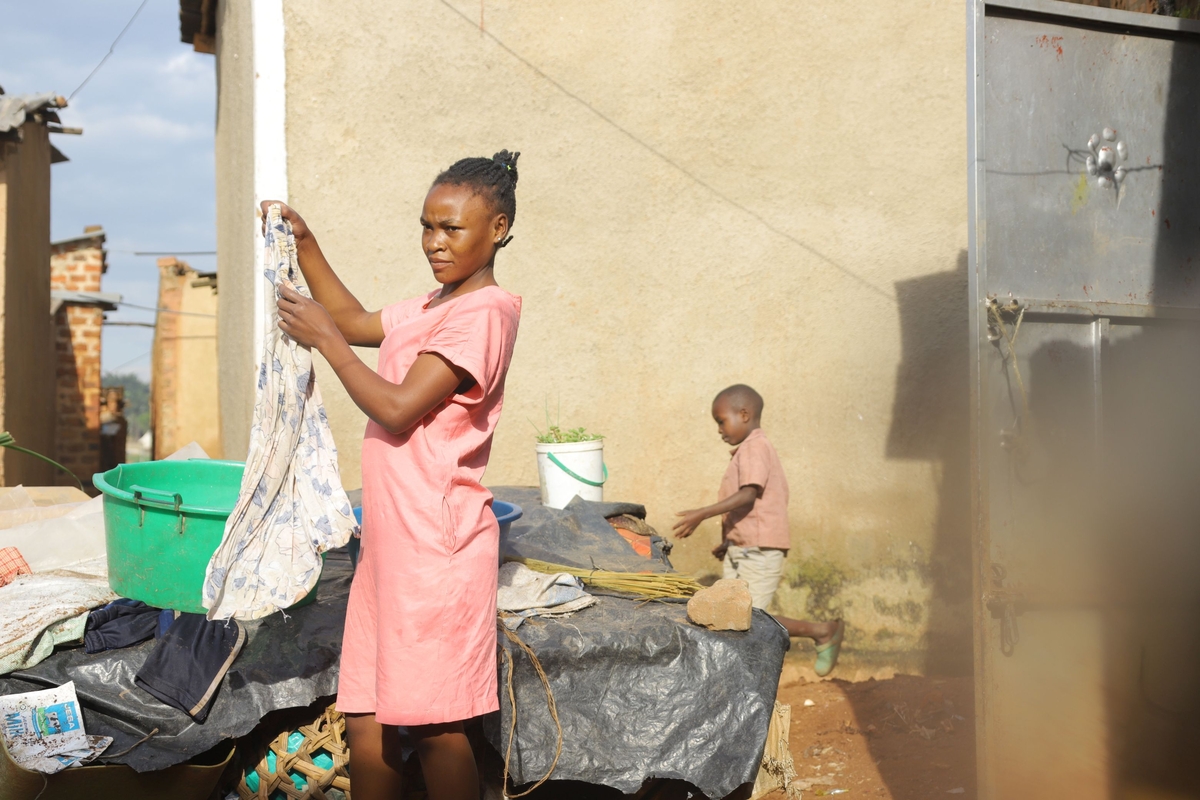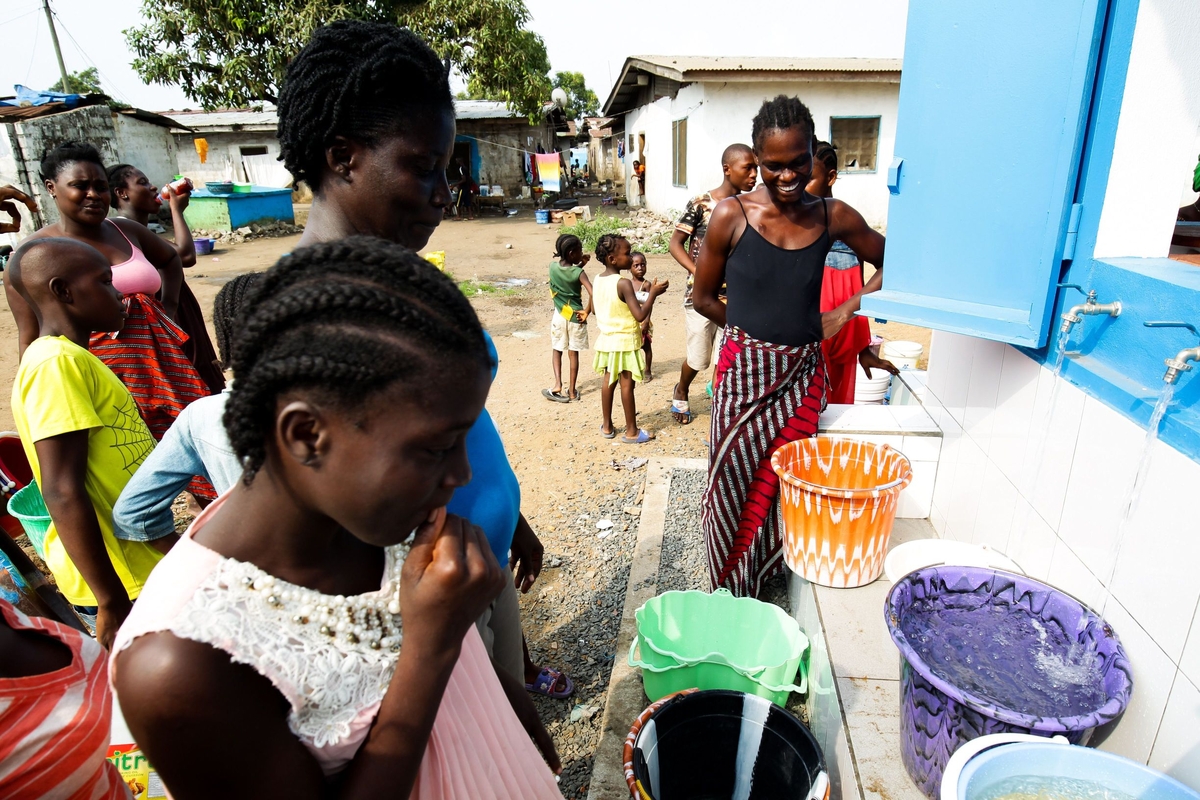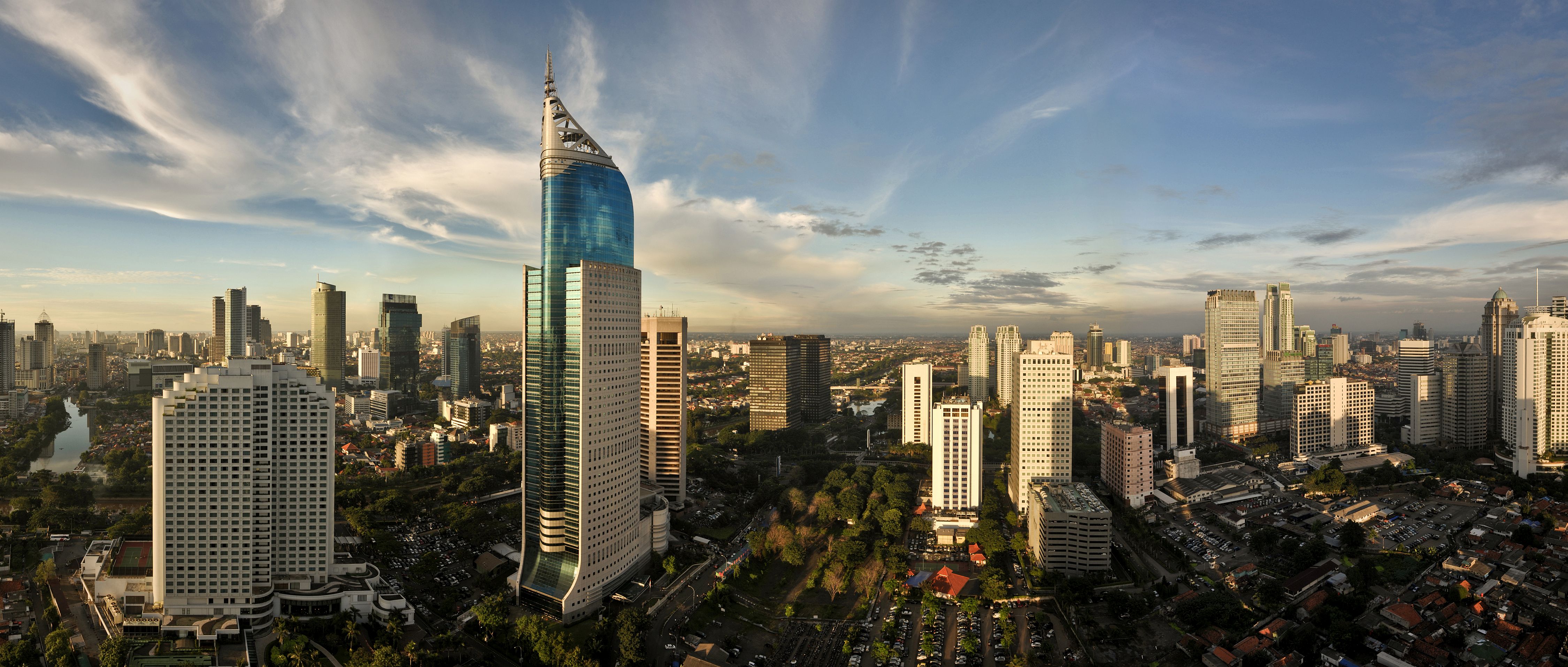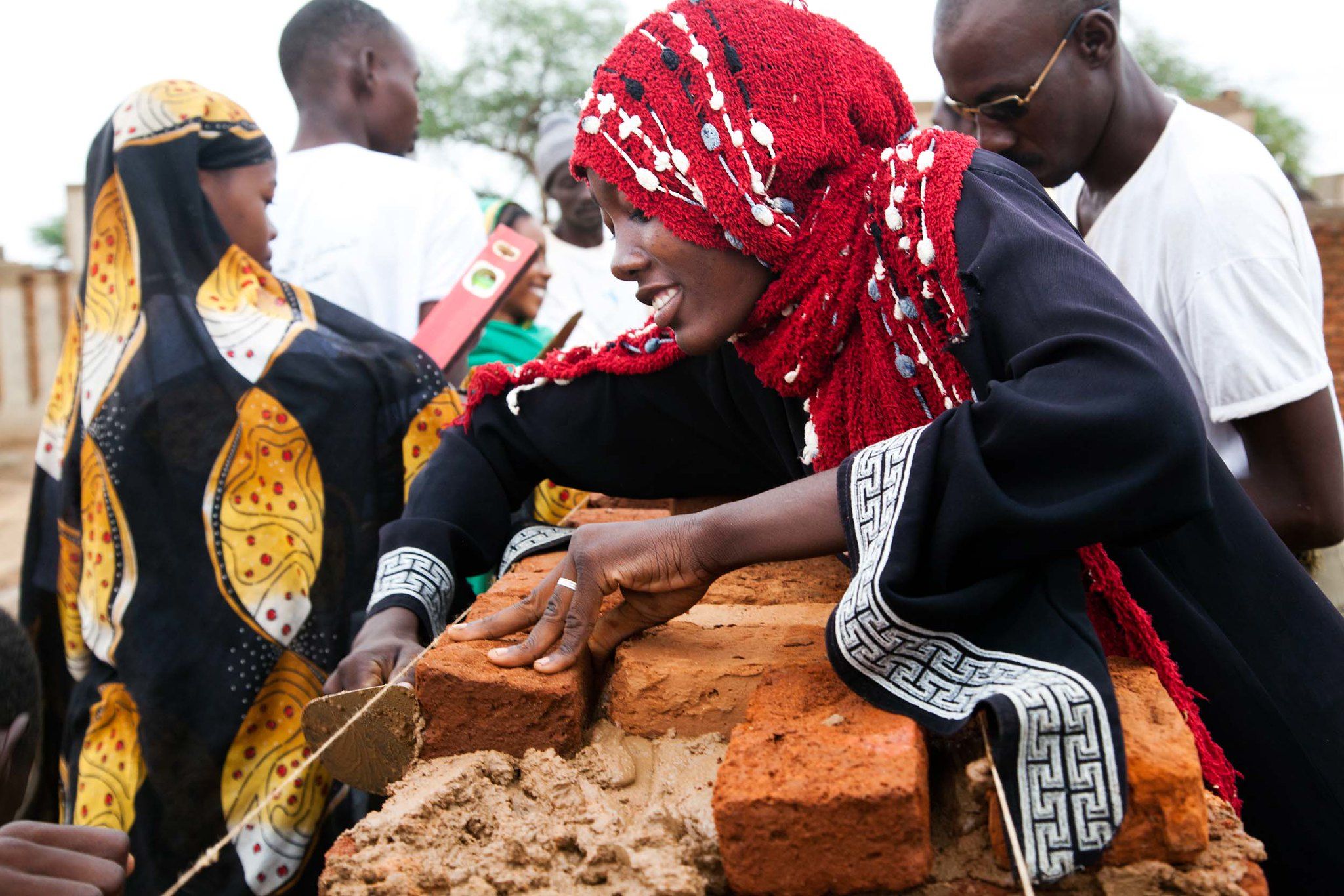This article was first published by the World Economic Forum
By Yamila Castro, Communications lead, and Greg Munro, Director, Cities Alliance
- The world is urbanizing at an unprecedented pace, with over half the global population of 8 billion in cities. As urban areas continue to grow, inequalities are deepening.
- Caring policies that recognize citizens as agents of change and promote mutual support are essential to creating more inclusive, just and equitable cities.
- Placing communities at the core of these policies enables local governments and international development partners to bridge gaps and foster a more harmonious and compassionate society.
In today’s interconnected crises, the world is grappling with deepening inequalities. According to the World Bank, the pandemic has stalled the pace of poverty reduction, resulting in 90 million more people falling into extreme poverty in 2020. Forecasts for 2022 are equally grim as we face the repercussions of the Ukraine war and the global cost of living crisis.
Oxfam’s 2023 inequality report, unveiled at the World Economic Forum’s Annual Meeting in Davos, Switzerland, reveals a troubling reality: the richest 1% of the world’s population has accumulated nearly double the wealth of the remaining 99%.
This record-breaking level of inequality is unprecedented, with extreme wealth and extreme poverty increasing simultaneously for the first time in 25 years. Yet, amidst these challenges, urbanization presents us with a clear opportunity to forge a new social contract centred around care systems.
With more than half of the world’s population residing in cities, projected to reach 70% by 2050, communities, local governments and development organizations must play a key role in fostering care as a central value, as affirmed by a recent policy paper co-produced by UN-hosted organization Cities Alliance. The paper feeds into the Pact for the Future of Humanity – a political framework championed by the global constituency of local and regional governments.

Rights-based approach
In these care systems, communities, particularly the most marginalized, are not only the recipients but also the driving force of social action. Empowering people to participate in decision-making processes that shape their lives is the crucial first step toward creating inclusive, just and equitable societies. The second is to recognize care as a human right and a public good for both those who receive care and those who provide it.
Women bear the brunt of unpaid work worldwide due to gendered social and cultural norms. According to the UN, they undertake three times more unpaid care than men; a burden intensified during the pandemic by closing essential support mechanisms such as schools and nurseries.
Initiatives like the Care Blocks in Bogotá, Colombia, enhance proximity services for low-income women and their dependents, providing opportunities for self-care, promoting gender equality through vocational training and breaking the cycle of poverty and inequality.
In Durban, South Africa, civil society organizations Asiye eTafuleni and WIEGO piloted a project to provide childcare for women in the informal sector at a bustling trading hub. Unused market areas were transformed into child-safe spaces, while mothers received training as caregivers and fellow mothers paid affordable childcare fees. The project partners have developed guidelines for similar facilities and engaged local authorities to expand this initiative.
By empowering individuals to care for one another, they transcend the role of mere aid recipients, becoming active agents of change and progress.

Centring community participation
In cities, poverty disproportionately affects residents of informal settlements and those engaged in the informal economy. Collaborating with multilateral agencies, civil society and national and local governments, Cities Alliance works hand in hand with the poorest communities in countries like Tunisia, Liberia and Uganda to shape urban development priorities. Through the Community Upgrading Fund (CUF) mechanism, community-based organizations can finance small infrastructure projects, such as kindergartens, water supply and sanitation facilities, directly improving people’s quality of life.
CUFs act as participatory platforms, fostering dialogue between citizens and city authorities, strengthening local governance systems and enhancing the delivery of municipal services. This inclusive approach allows for incremental urban development tailored to community needs, presenting manageable processes compared to the challenges of large-scale infrastructure plans.
These examples showcase the transformative power of community-centred approaches and collective decision-making. By empowering individuals to care for one another, they transcend the role of mere aid recipients, becoming active agents of change and progress. Care systems promote the well-being of women, the poor and marginalized communities and generate far-reaching benefits for society as a whole. They are the bedrock of inclusive cities and our best chance in the fight against inequality.
A variation of this article was published in Spanish by El Pais.





